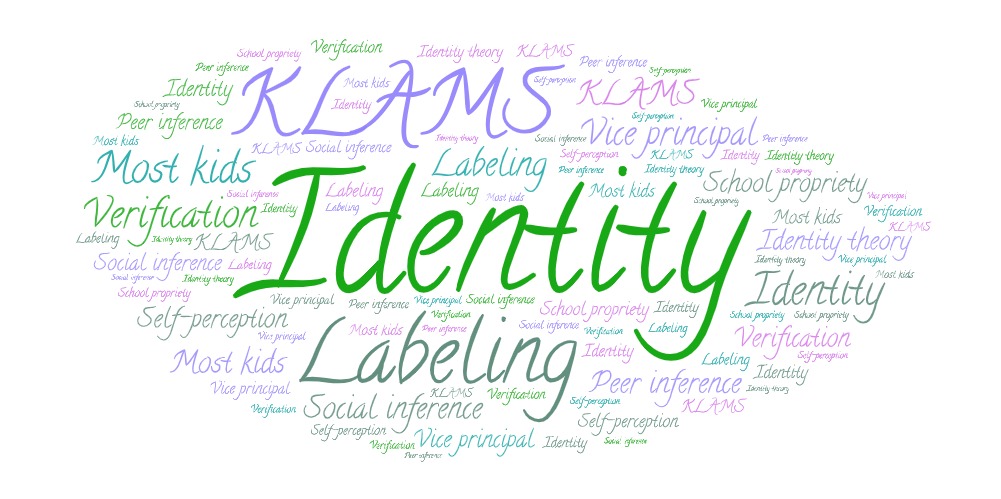
Huge congratulations go out to Dr. Cody Richter for succesfully defended his dissertation titled "I am who I think you are: (Non)Verification, social inference, and deviance." Dr. Richter's dissertation was co-chaired by Dr. Jane Sell and Dr. Heili Pals, the committee members included Dr. Stjepan Meštrović and Dr. Mindy Bergman (Psychological and Brain Sciences).
Dr. Richter's dissertation aims to answer the following theoretical questions: 1) how are sources of social inference related, 2) how does the variety of social inference affect self-perception, and 3) does individual propriety impact the primacy of inferential source? To answer these questions, Dr. Richter works to weave Identity Control Theory, Status Characteristics and Expectation States Theory, and Legitimacy Theory into a framework that can apply the concept of social inference to deviance scholarship on Labeling, General Strain, Self-Referent Behavior, Social Learning, and theories of Social Control and Bonding. Through the concept of social inference, Dr. Richter argues that the utilization of formal scope conditions sourced from social psychological theories can be tested in application with theories of deviance. This would afford scholarship the opportunity to synthesize theoretical frames in a manner that enables greater interdisciplinary scholarship.
Using data from the Kaplan Longitudinal and Multigenerational Survey, Dr. Richter examined a typology of adolescent deviance: violence, property, and drug use, finding partial support for predictions born from this framework. 3rd order inference, or the perception of most kids’ deviance, was found to be more significant than the 2nd order inference of a formal authority, vice principal, in predicting future violence and property deviance. Students’ sense of school propriety is found to reduce subsequent deviance for all types of deviance; however, it moderates the effect of inferences sourced from peers and the general other when considering drug use. In particular, those expressing the greatest sense of school propriety are noted as seeing an increased likelihood of drug use as they perceive greater drug use from their peers and from most kids. Further, Dr. Richter found that the impact of formal labeling by a vice principal only exerted a significant effect for drug use and was not significantly related to either engagement, or desistance, from violence or property deviance. These results implicate the need to differentiate deviance when exploring possible intervention strategies and point toward the integration of formal social psychological theories, with those of deviance, as a plausible direction for future study.
Congratulations, Dr. Cody Richter!
